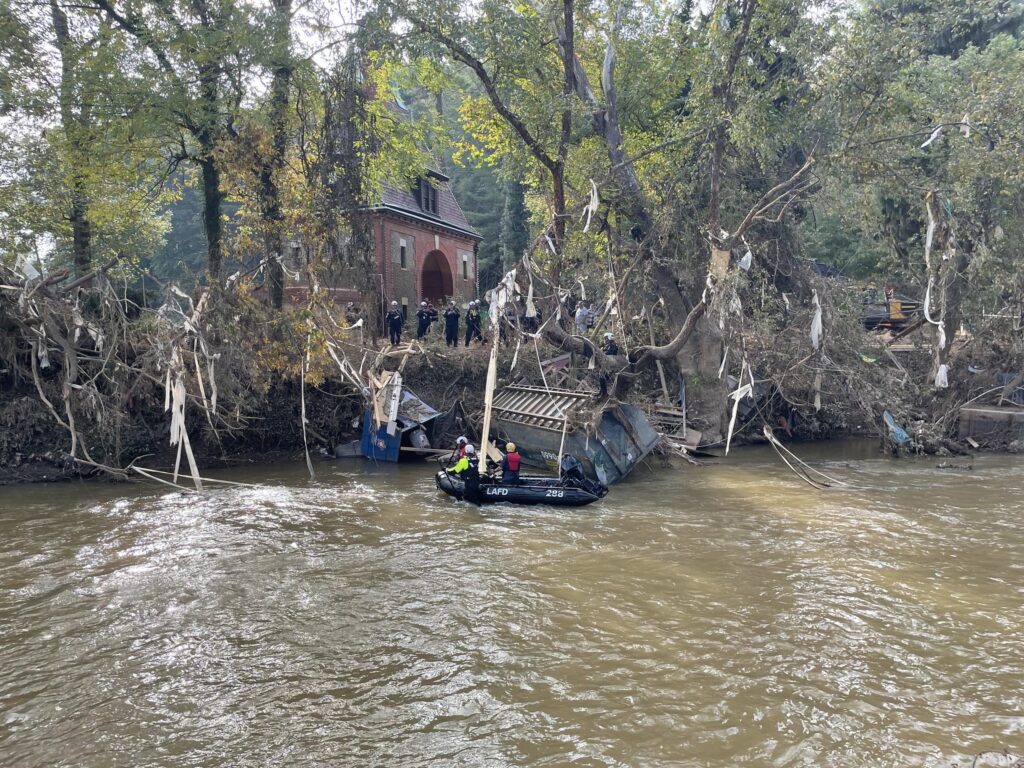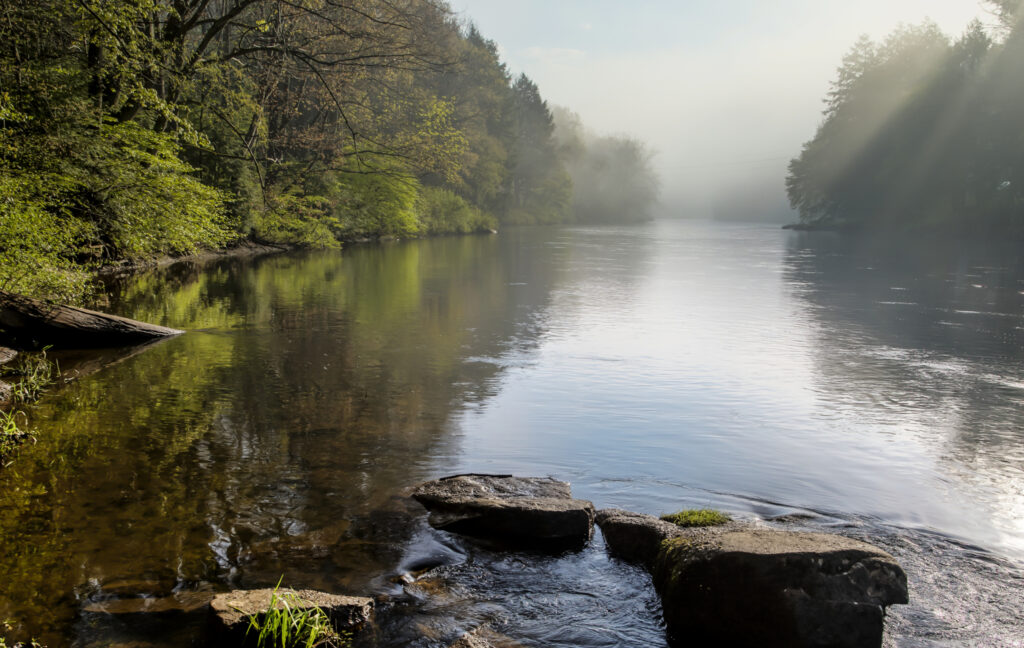Jackson water crisis exposes water inequities
It’s time to invest in healthy rivers and clean water for all.

A series of punishing winter storms has wreaked havoc with the Jackson, Mississippi’s drinking water system, cutting thousands off from running water. Two weeks after the shutdown occurred, some residents of the city are still facing a lack of running water while many others still have boil water advisories. While this crisis was initially caused by winter storms, it is really an indication of a much deeper and persistent problem. Water infrastructure in the United States is in terrible disrepair, and disproportionately so in communities of color. Just last week, the American Society of Civil Engineers released its infrastructure report card, with dams and levees receiving a D grade, waste water and stormwater receiving D grades and drinking water systems receiving a C minus.
The systemic water infrastructure challenges facing Jackson, a majority Black city, has a long history rooted in segregation, with impacts on all of its infrastructure. But the water crisis is among the most egregious, because of how basic a need for clean water is to human health and well-being. In the middle of a pandemic, where hygiene is a critical need, it is abhorrent that people in a country as advanced as the United States should be without water for more than a day, let alone two weeks. And this situation isn’t isolated to Jackson — Indigenous communities, like the Navajo Nation, face access issues, due to a lack of water infrastructure, and Latinx communities through California’s Central Valley face a similar challenge.
This crisis is only going to grow, unless we take bold action. Climate change continues to have an outsized impact on water management, creating weather extremes – more drought and flooding. It is estimated that there is a water main break in the U.S. every two minutes – the U.S. woefully underfunds water infrastructure. Water infrastructure is typically funded solely through the local level through local water rates and fees. Unfortunately, the amount of money available locally is often inadequate to solve the massive need. This then leads to water shutoffs and other punitive actions which are disproportionately felt by communities of color and low-income populations.
The solution to these challenges is two-fold. First, we need state and federal investment to update and maintain drinking water, wastewater and stormwater infrastructure. For every dollar spent on transportation, the federal government provides $0.25. And most of the rest of those funds are state resources. In contrast, for every dollar spent on drinking water and wastewater infrastructure, the federal government provides $0.04 or less.
Second, water funding needs to be focused on communities that are in most dire need – communities like Jackson, where infrastructure challenges are rooted in segregation and systemic racism. Their citizens are not going to see equity in drinking water access, flood management or wastewater services until we, as a society, commit to providing the resources they need – the resources they deserve.
American Rivers has outlined water investment solutions our 2021 blueprint for action for the Biden-Harris administration. The residents of Jackson, and communities nationwide, have waited too long. It’s time to fix this problem and invest in healthy rivers and clean water for all.



